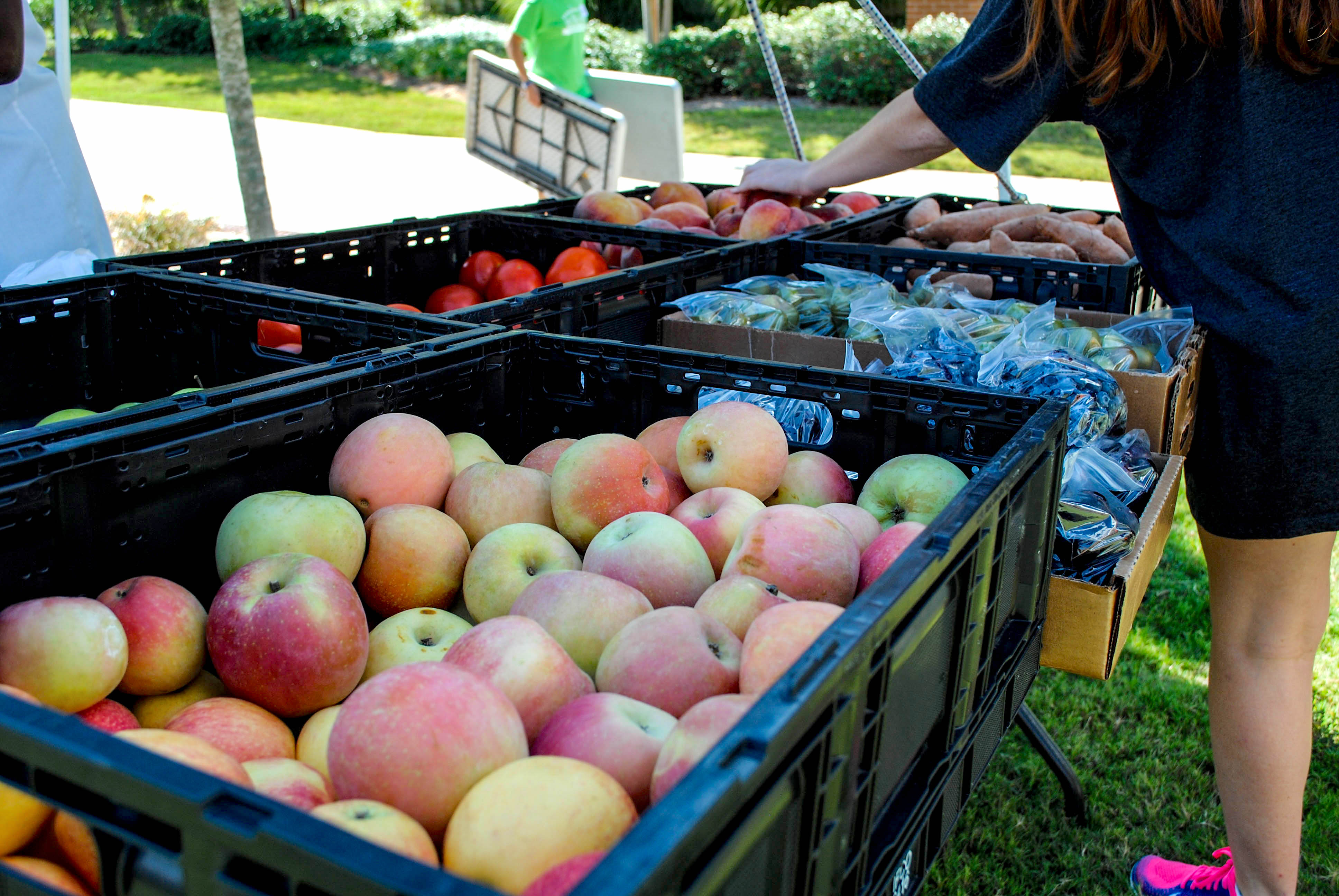Study Abroad students competed in an essay contest about their experiences abroad. The winners of the contest will be featured in The Senntinel over the course of the month.
This morning was unlike others, because instead of going into the city of Antigua, we were headed into the country to a small village called Chimaltenago. We traveled multiple hours in a series of buses and ultimately in a small, motorized taxi or an auto rickshaw called a Tuk-Tuk. When we finally arrived in Chimaltenago, there was a small line of local villagers waiting outside the community center. The regional coordinators, Yoli and Clara Luz, had traveled to the village earlier that week and informed the local people the KSU students would be coming on Saturday. We unloaded eye glasses, solar lamps and water filters from the motorized taxis and began setting up for the sales campaign.
We were greeted by Paola, the local Mayan Katchequel entrepreneur, who had been trained by Yoli and Clara Luz. She was excited to see so many volunteers and equally pleased by the line of local customers. For Paola, social entrepreneurship has two benefits: first, it provides needed products, such as eye glasses and water filters, to the local people; second, it gives local entrepreneurs, like Paola, the opportunity to earn income for their families.
Krista, another KSU student, and I started speaking to the people who were waiting for their free eye exam. A number of the older people spoke very little Spanish, and it was difficult for us to communicate with them.
A local girl named Maria helped us translate from Spanish into the Mayan dialect of Katchequel. Unlike some of the other children who appeared frightened to see so many foreigners in their village, Maria welcomed us and was eager to help us. She spent the entire day with us and later took us on a walking tour of her village. Her bright eyes and big smile told us she knew she was not just helping us, but more importantly, she was helping her entire community improve their lives. Maria’s mother and two of her neighbors each purchased eye glasses that day.
Around 3:00 in the afternoon, we said good-bye to Maria and started our trip back towards Antigua. Waking up around 3:00 in the morning and traveling 3 hours by bus and motorized taxi was not an ideal way to spend a Saturday in Guatemala. Reflecting upon that day, I felt like we had made a real difference in the lives of others. It was clear the individuals who visited the sales campaign were truly grateful. Some of the men who worked in the fields now had sun glasses to protect their eyes. The women, who used Mayan waist looms to weave beautiful fabrics, now had eye glasses to see the multi-colored cotton strands. One group of four women, who represented a neighboring village, purchased 19 water filters so that each family would have clean, safe drinking water. And Paola, the local entrepreneur, had the biggest smile of all, because this was her most successful sales campaign ever. She said she would always remember the day in Chimaltenago when the six Americans from KSU came to help her and her people.
I will always remember the people of Guatemala: Clara Luz, Yoli, Paola, Maria and others. Their lives are not easy, but they taught me to value simple things and to help those in need. Many in Guatemala cannot see without eye glasses or do not have clean drinking water.
Upon arriving home, I realized I wanted to help more people in Guatemala. As a result, I will be returning with another group of KSU students this May. In addition, I initiated a project through S.I.F.E. (Students In Free Enterprise) to sell hand-made, naturally-dyed bags and scarves. The proceeds will be sent back to Guatemala to help local women artisans and their families.

